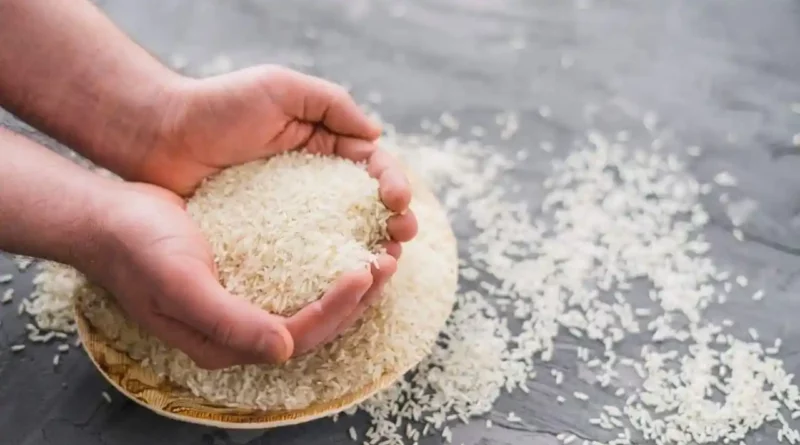Basmati prices decline as Red Sea conflict affects export demand
By Shweta Mungre
The Red Sea conflict has hit demand for Indian Basmati rice exports resulting in a fall in prices by around 5-6%, Pankaj Goel of All India Rice Exporters of India (AIREA) said in a conversation with CNBC Awaaz.
Leading shipping companies are avoiding the Suez Canal route amid Houthi attacks. Nearly 15% of the global trade is routed through the Suez Canal.
Goel said the freight rates have shot up nearly seven times for deliveries to Europe, the US, and the Gulf regions since the conflict began leading to demand disruptions.
He pointed out that this year the production of Basmati rice has been higher by around 10-15%. So, prices are unlikely to firm up much.
India, he said, exports nearly 4.5 million tonne of Basmati rice every year with bulk of the exports going to Iraq and Saudi Arabia. AIREA is working to expand the exports to other rice consuming countries such as Japan where non-basmati is currently preferred. In the domestic market, however, the consumption of non-basmati rice is higher.
In 2011, India overtook Thailand to become the world’s largest rice exporter. Until mid-November 2023, India exported nearly $3.38 billion worth of basmati rice.
During the second half of 2023, India imposed export bans on non-basmati white rice and other trade restrictions, leading to a sharp price in global rice prices. The Indian government also imposed a minimum export price (MEP) of $1,200 a tonne on basmati exports to cool down domestic prices. However, this was later cut to $950 after complaints that exports were becoming unviable.
According to a World Bank Global Commodity Outlook report released in October 2023, rice prices in August and September 2023 reached the highest levels since the 2007-08 food price crisis. While prices have now started cooling off, they continue to be at multi-year highs.
This article has been republished from CNBC TV 18

